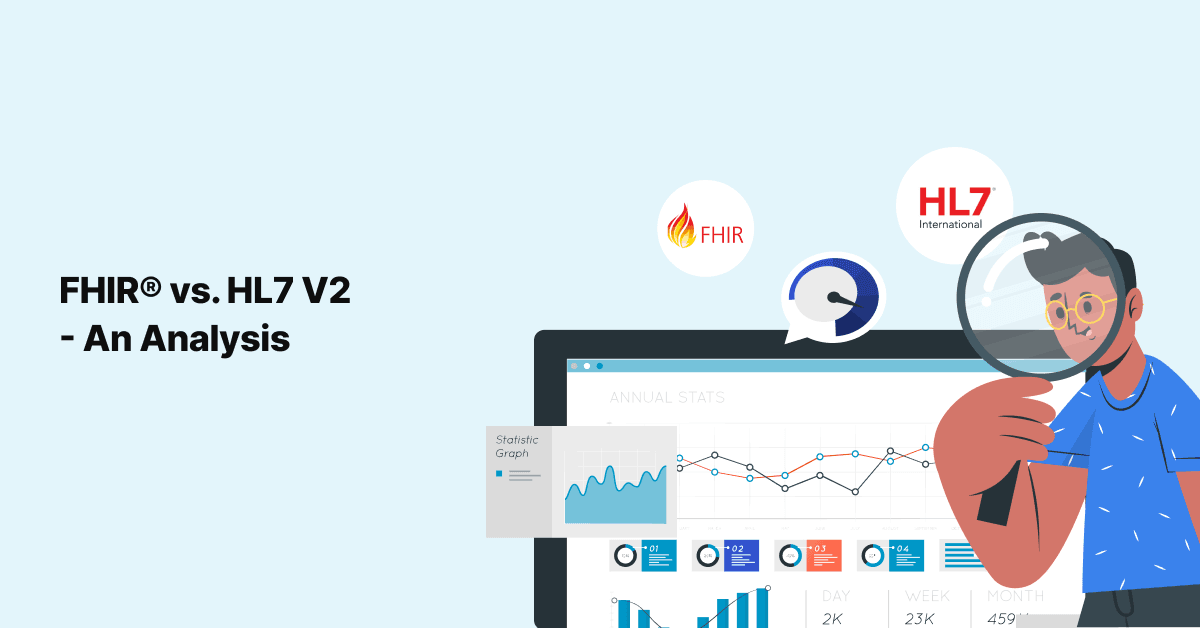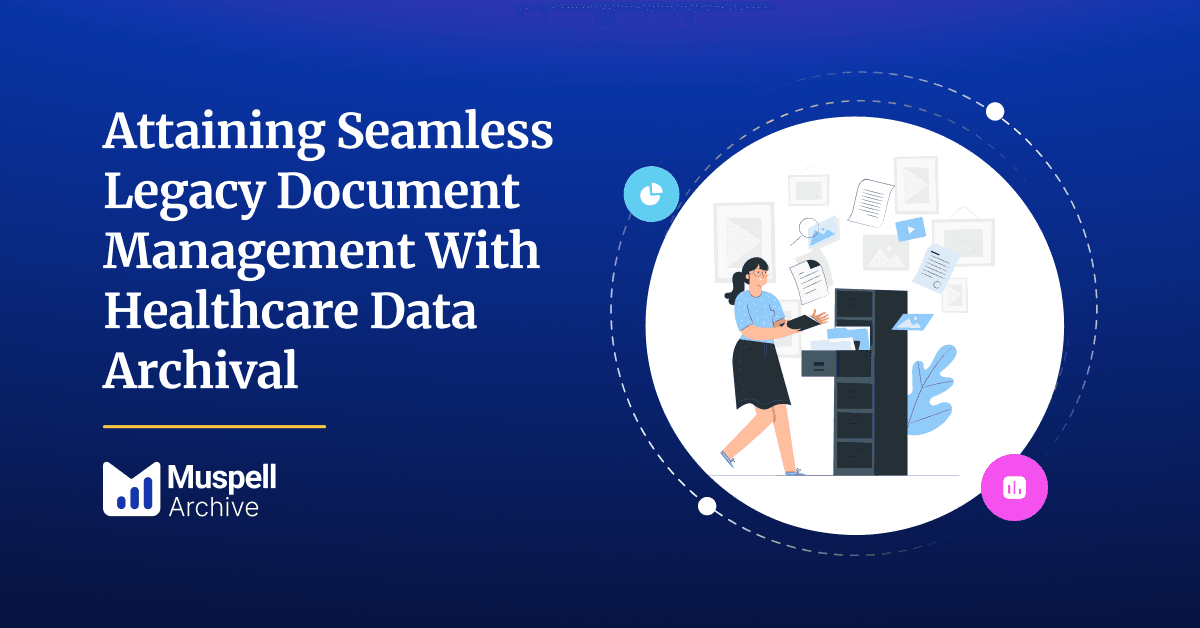
FHIR® vs. HL7 v2 - An Analysis
In the modern healthcare industry, data plays a very important role in terms of improving patient outcomes. …

Many hospitals and health systems are adept at patient care and clinical operations. Still, it’s a reach to say that every healthcare organization is ready to fly solo when choosing and implementing an EHR like Epic. Especially in light of swift industry growth and expansion, keeping up with healthcare IT best practices and solutions is a hefty burden. Even the most seasoned hospital CTOs will agree with our top 3 reasons to consider EHR advisory services.
Implementing an EHR solution like Epic is a tremendous undertaking. The value is absolutely worth it, but if the appropriate pre-planning and project management isn’t secured to support efforts, the entire endeavor may be marred for years. We’ve talked about the reality of Physician Burnout and how to mitigate it, but far less attention is given to often burned-out hospital IT departments when it comes to EHR implementation services.
Sure, the best technical resources in town may be on staff, but if they’re unable to adequately participate in EHR advisory efforts and planning, the solution will suffer. This is a perfect opportunity to consider a technical partnership with 314e to help fill in the gap, be it on the Epic implementation project or to provide coverage for an existing framework. Vendor selection, requirements definition, and integration planning are vital tasks to deliver a functional enterprise EHR system, so don’t underestimate the importance of creating a runway for IT staff to participate well and fully in these activities.
A lot of seasoned healthcare IT professionals will tell you that one EHR implementation is one EHR implementation. What this means is that each project is unique, with its own quirks, frustrations, and technical requirements. The value of hiring advisory services for EHR planning is that industry experts can bring a broad range of experience to a given project. So while the needs and complexities of a health organization’s efforts may be quite specific, contract professionals can suggest creative solutions based on prior implementations, whether they’ve gone swimmingly or absolutely terrible.
Hospital CTOs can leverage years of experience and a myriad of circumstances to refine the implementation process and create a more ironclad program management strategy for the entire IT department.
The mistake we’ve often seen with overly ambitious health organizations is that the focus of EHR implementation efforts is reactionary and narrowly focused. With a clear goal in mind, such as expanding insurance contract opportunities, we understand why a hospital may jump at the chance to technologically bolster that value proposition. However, new Health IT solutions come new risks, new regulatory concerns, and an absolutely necessary evaluation of what makes sense. Any kind of infrastructure change (such as EHR implementation or upgrade efforts) should be considered in light of a whole network of interactions and users. This is especially true if there are long-term benefits from selecting the right tools and vendors for known and unknown needs (beyond just contracting, in this example).
EHR Advisory Services includes roadmap development and future planning that can optimize periods of change and set up hospitals to better leverage technology investments and meet the needs of all of their stakeholders: clinical, operational, and business-wise.
Join over 3,200 subscribers and keep up-to-date with the latest innovations & best practices in Healthcare IT.

In the modern healthcare industry, data plays a very important role in terms of improving patient outcomes. …

Legacy patient health data holds a wealth of information, including crucial historical insights, essential for …

At its core, healthcare data archival solutions serve as secure repositories for legacy electronic health …